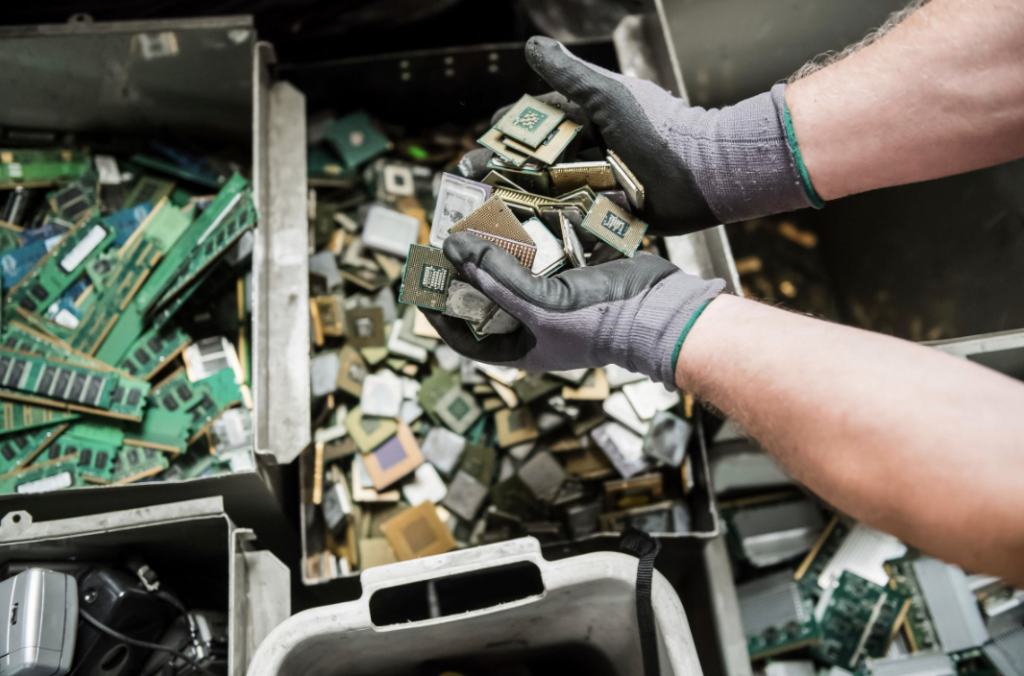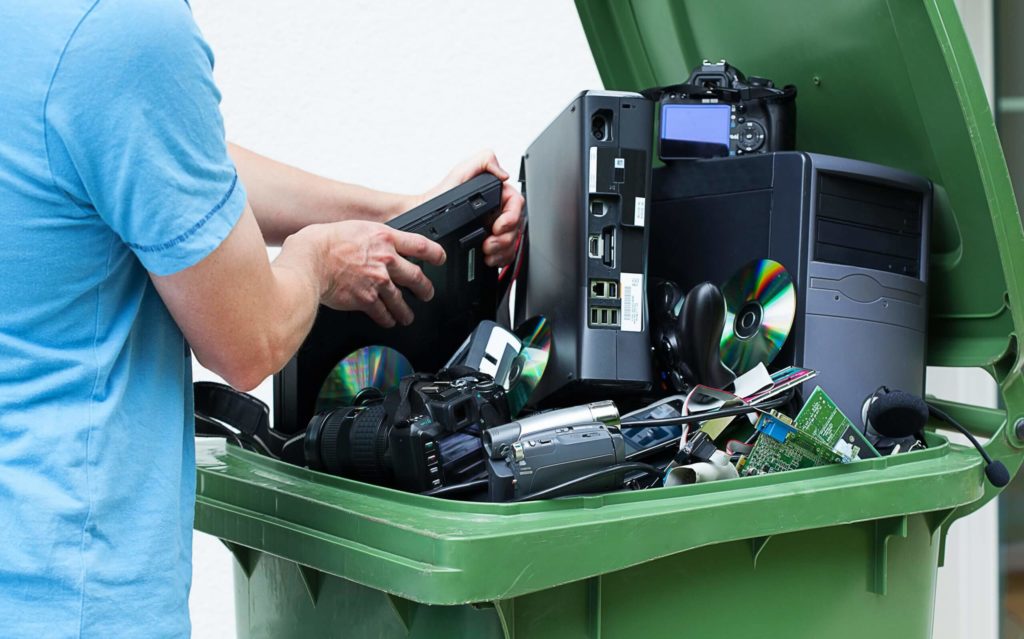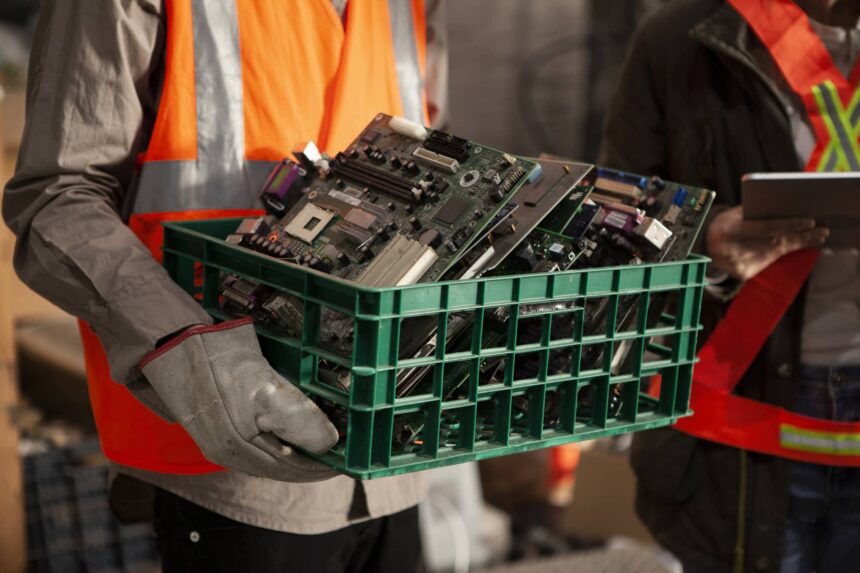The dawning of the new era in electronics has witnessed electronic consumption advance to a degree never before realised. Smartphones, laptops, TVS, and much more electronics have taken precedence over life itself.
Yet, with the growing day-by-day increase in acceleration of speed of speeding technological advances and product life cycles becoming bunched up, electronic trash or e-trash, to use what some refer to as such, has become one of the fastest converting streams of rubbish on Earth. This ocean of excess electronics is a testimony to the volume and speed at which electronics can be recycled.
Electronics recycling involves the recycling of used or outmoded electronic equipment and breaking down toxic material legally and safely to recycle valuable materials. Electronic equipment contains precious metals such as gold, silver, copper, and palladium.
Recycling them does not allow us to turn to virgin sources, which are damaging to the environment ways of accessing them. Electronics Recycling also contain hazardous chemicals such as lead, mercury, and cadmium that contaminate water and soil unless recycled.

Electronics recycling reduces greenhouse gases
Yes, electronic recycling is not all bad. To begin with, it conserves natural resources. Extracting and processing materials that require hundreds of energy costs is immoral on an earthly scale. Recycling consumes less energy and reduces greenhouse gases.
Recycling a million computers, for instance, conserves the same energy used to warm nearly 3,500 American homes for a year.
Second, recycling electronic equipment saves landfills. Electronic devices are going to be compact and non-degradable. They will occupy space in landfills, and they are an ongoing environmental threat if they are placed in landfills.
If we recycle them, we can avert a big amount of e-waste reaching landfills and make space available for cleaner and greener waste management.
A better reason to recycle electronics is to ensure information security. Electronics are being thrown away most of the time without erasing sensitive data from hard drives, memory chips, or cell phones.
Data wipe-off legislation is heavily enforced with electronic recycling agencies to safeguard individuals’ and businesses’ information before even thinking about recycling concerns, and thus, data loss and identity disclosure are zero.

Recycling rebates
It generates employment and a circular economy. Trained personnel are required to process, disassemble, and sort e-waste in proper e-waste recycling facilities. Recycled electronics can also be resold at a low price, and low-technology solutions to technology become accessible to poor communities and schools.
While these advantages exist, recycling electronics around the world is still in its early stages. Not many consumers are aware that electronics recycling programs exist or even how to recycle electronics correctly.
Manufacturers and the government need to talk more to bring about more awareness and make convenience and recycling more appealing with incentives. Retailers can start by offering take-back programs and recycling rebates to exchange old models.
In short, electronics recycling isn’t a choice anymore—it’s the mandate of our technology era.
Human race and business populations by making sound decisions and recycling measures can become superhero allies to planet Earth protection, natural resource preservation, and green development the second time someone speaks about an item heading toward scrap dumping simply because it became obsolete, do this once—it can be recycling as the sustainable, green way out.
Related News:
Plastic Recycling Services: Key to a Cleaner Future
The opinions or information expressed in this article are solely those of the authors and do not necessarily reflect the views of the Chiang Rai Times. For more information on our sponsored content policy, Click Here













